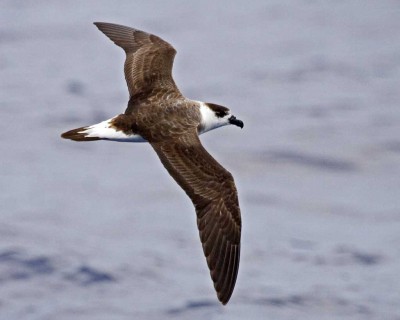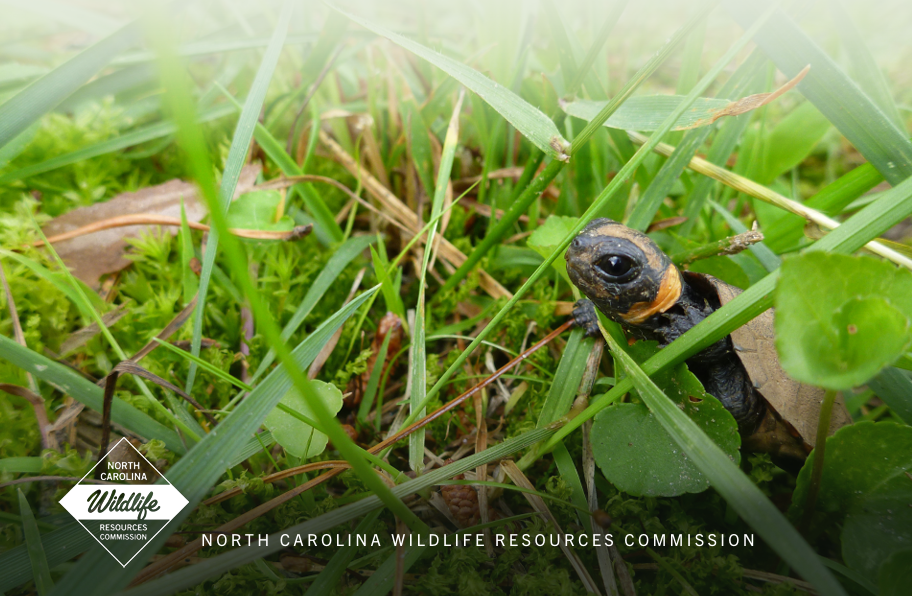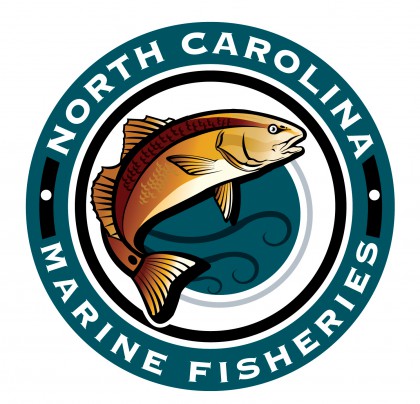ST. PETERSBURG, Fla.— The Center for Biological Diversity and the U.S. Fish and Wildlife Service reached an agreement today for the agency to decide by September 2018 whether the black-capped petrel, an Atlantic seabird once thought to be extinct, will be protected under the Endangered Species Act.

The agreement follows a lawsuit filed by the nonprofit conservation center earlier this summer.
Supporter Spotlight
“Black-capped petrels need Endangered Species Act protection, particularly given new offshore oil exploration in the Atlantic,” said Jaclyn Lopez, Florida director at the center. “Petrels have a deadly attraction to oily surfaces, so this long-overdue determination could come just in time to prevent their extinction.”
These cliff-dwelling seabirds forage off the Atlantic Coast from North Carolina to Florida, and only a few breeding colonies remain in the Caribbean. In 2011 WildEarth Guardians submitted a petition to protect the black-capped petrel under the Endangered Species Act because of its low population and threats to its survival. The Act requires the service to determine within a year whether a listing is warranted. With that response almost three years late, the center in April notified the Fish and Wildlife Service of its intent to sue and filed the lawsuit in June to force the service to comply with federal law.
“This settlement is an important first step, but now we need the Service to recognize that blacked-capped petrels deserve full protection under the Endangered Species Act. That’s especially important given the rush to drill for oil offshore in the Atlantic, which puts the petrel and hundreds of other species at risk of a Deepwater Horizon-type disaster,” said Lopez.
There are only 13 known petrel breeding colonies in Haiti and the Dominican Republic and fewer than 2,000 breeding pairs. The petrel is considered endangered by the International Union for Conservation of Nature, the international authority on endangered species. The birds are threatened by the destruction of breeding habitat through deforestation, as well as oil and gas development.
President Barack Obama recently opened the Atlantic Coast to seismic exploration activities for oil and gas, and the Department of the Interior is reviewing 10 applications for permits. The administration has also proposed a plan to offer an area off the mid-Atlantic for drilling in its five-year plan for offshore oil leases. These industrial activities threaten the petrel and its habitat, according to the groups seeking protection.
Supporter Spotlight
Under the settlement, the petrel is one of 10 species that now have binding deadlines for the Fish and Wildlife Service to issue final protection decisions. The other species include seven freshwater species from the Southeast, including one mussel, the yellow lance, and six imperiled fish: candy darter; trispot darter; ashy darter; longhead darter; sickle darter; and frecklebelly madtom, which are all threatened by water pollution.







